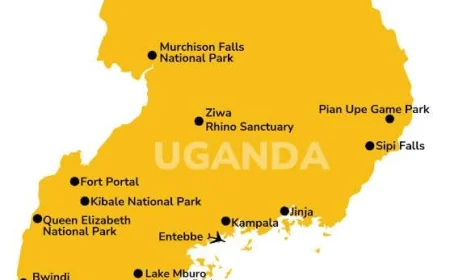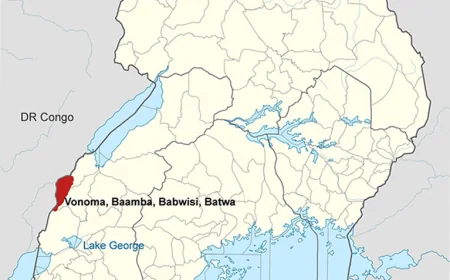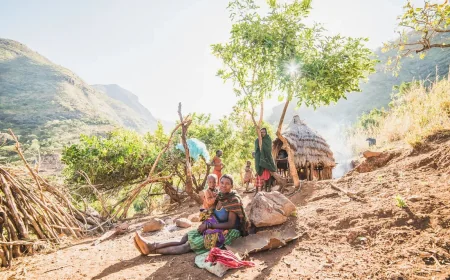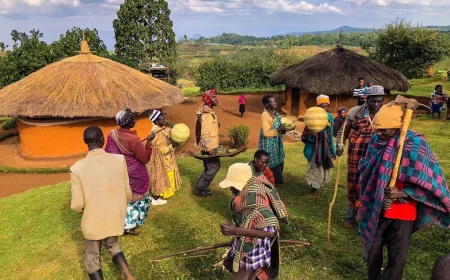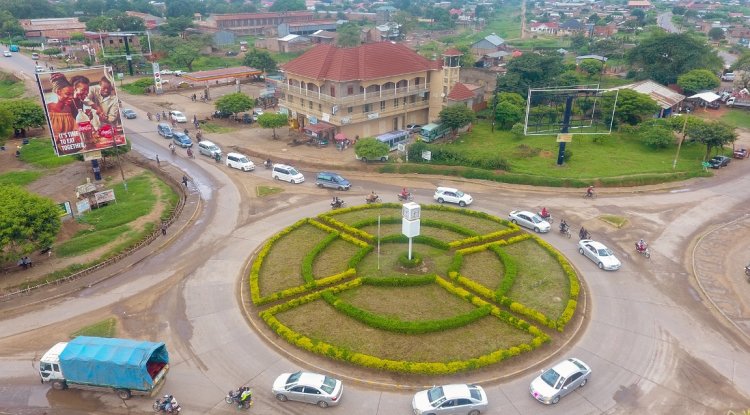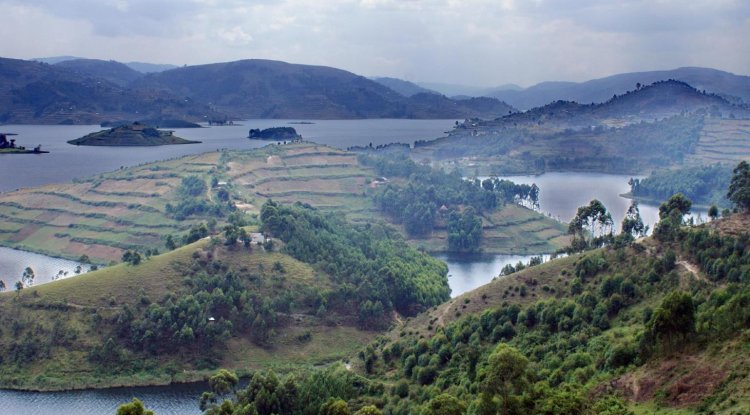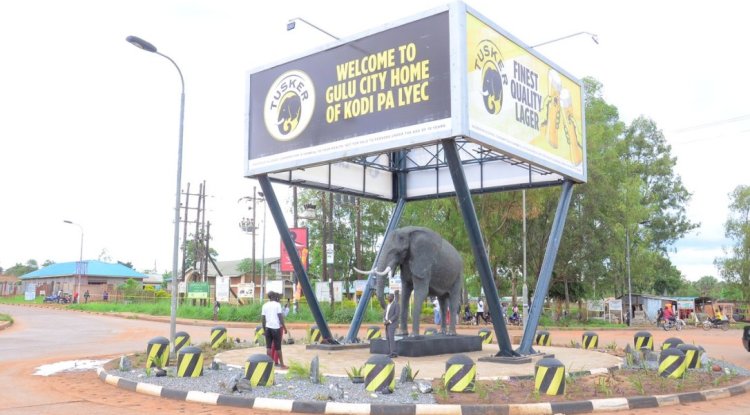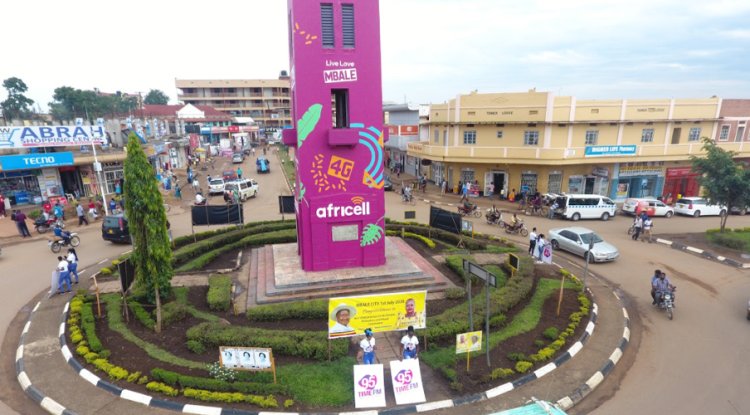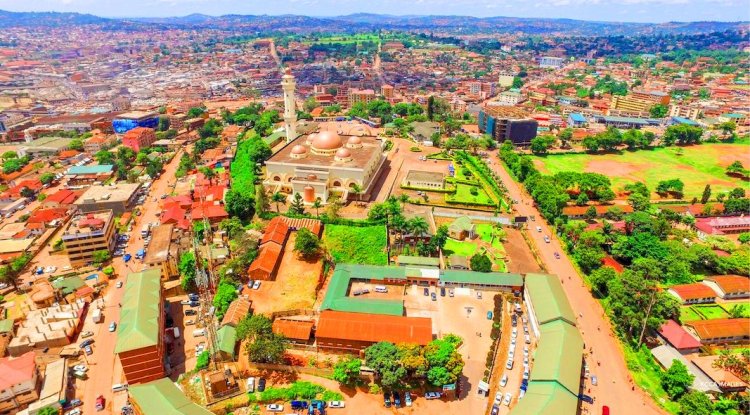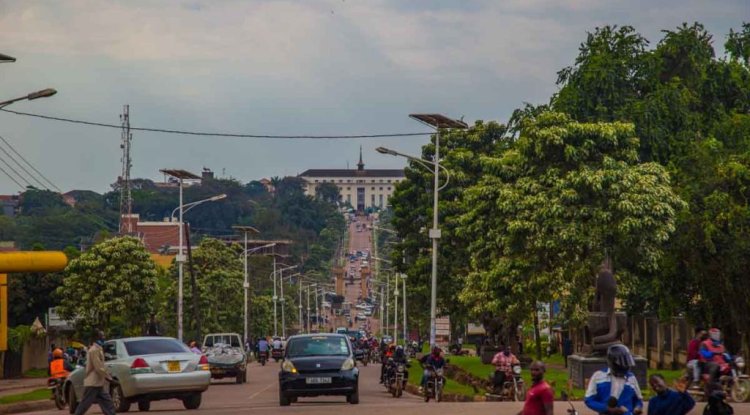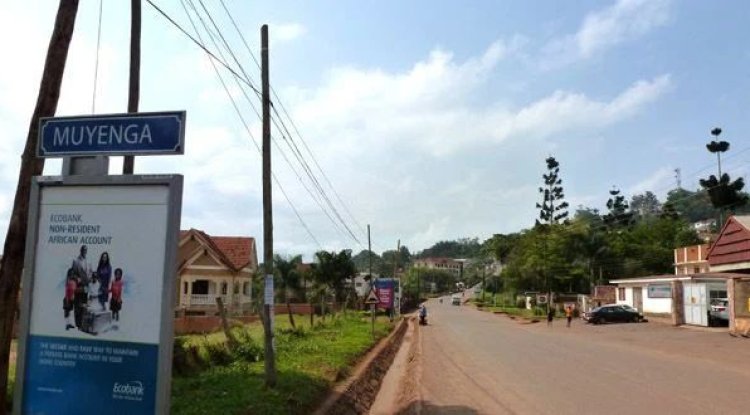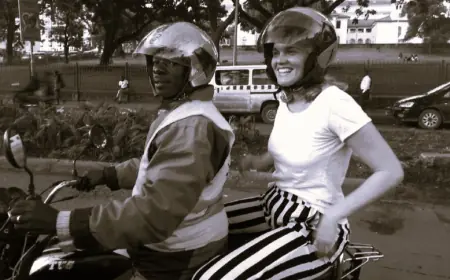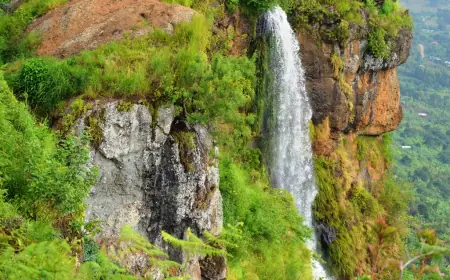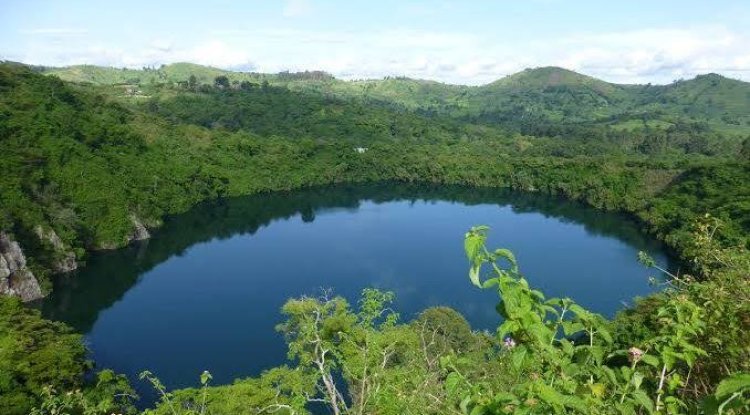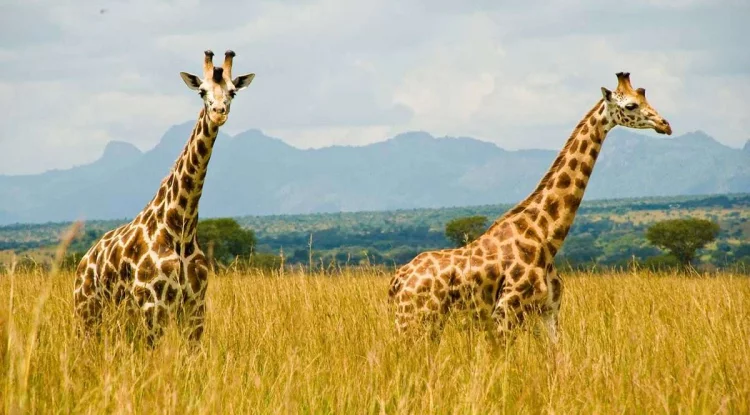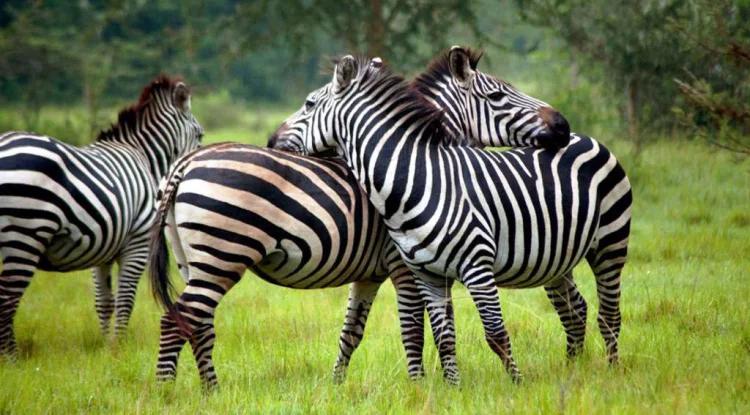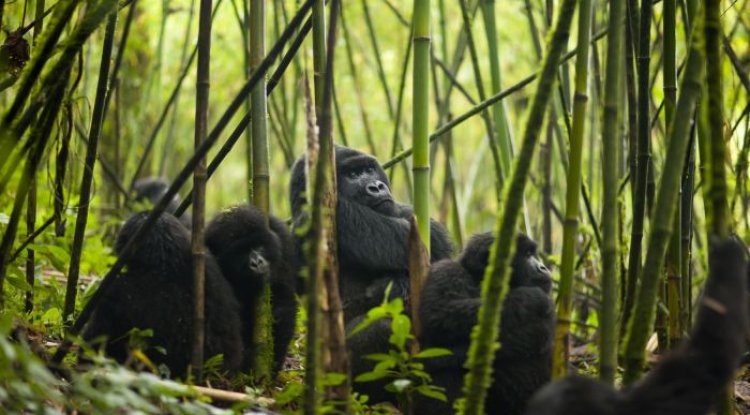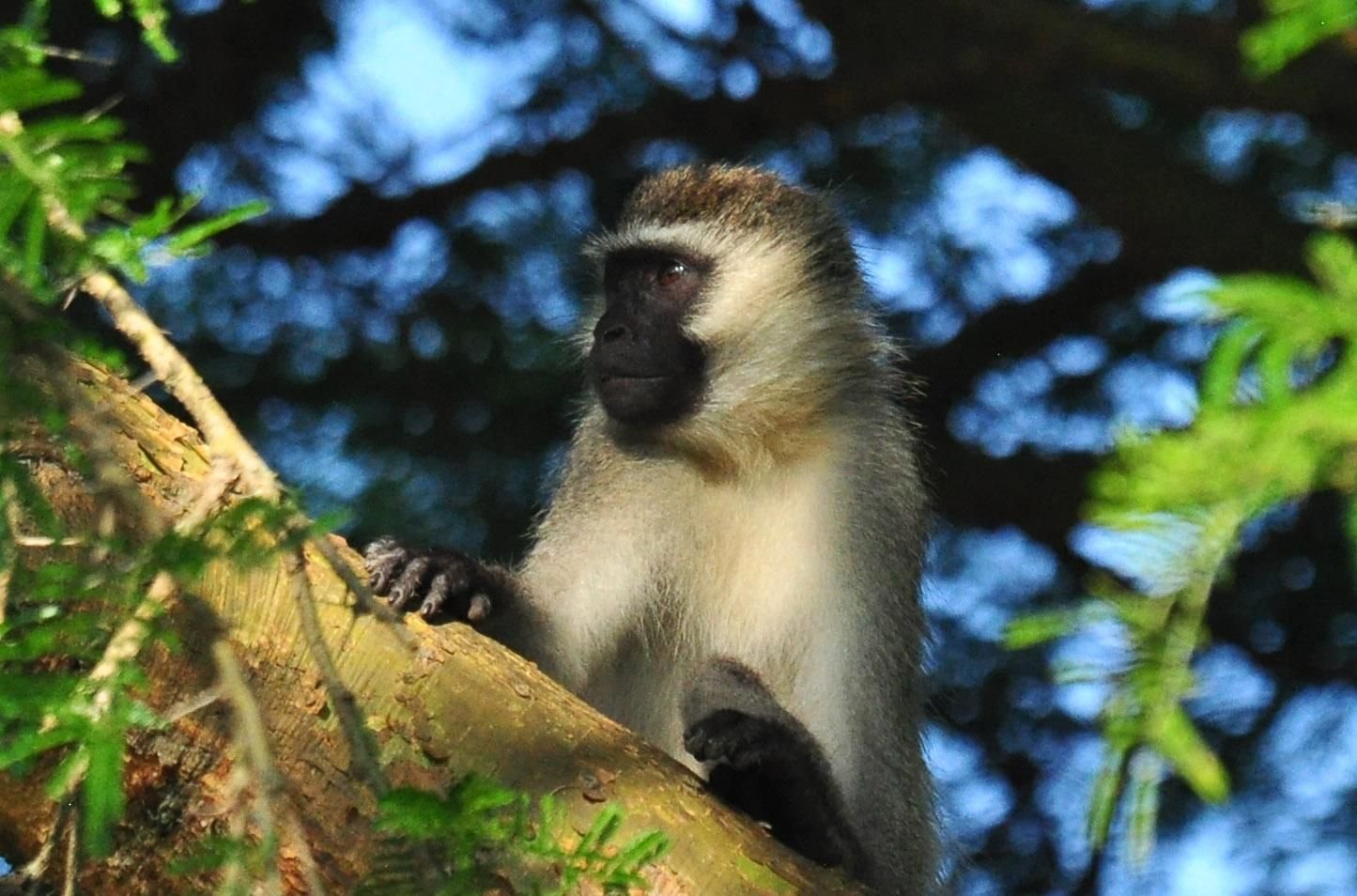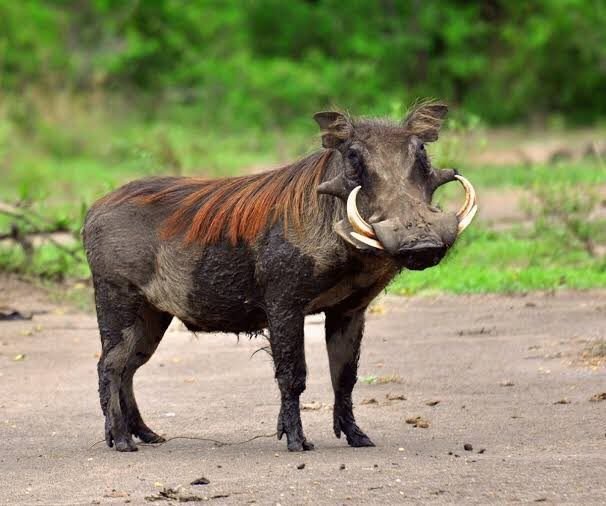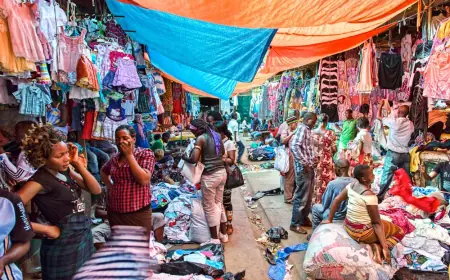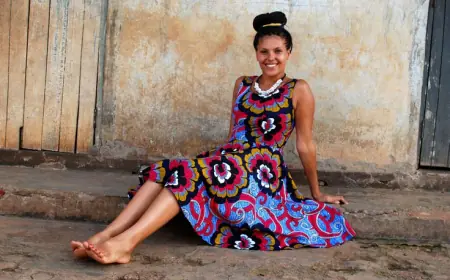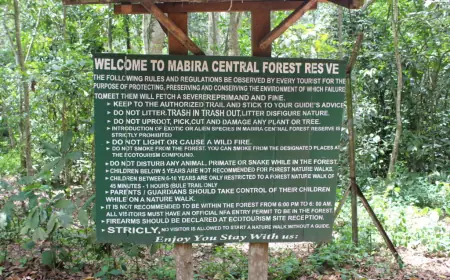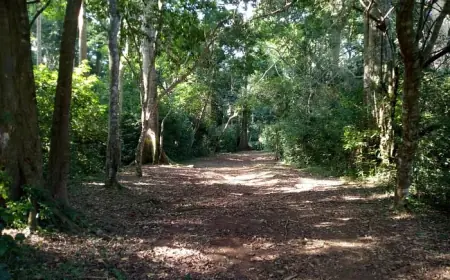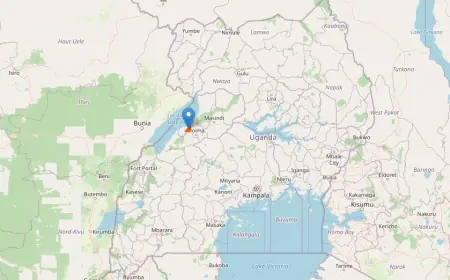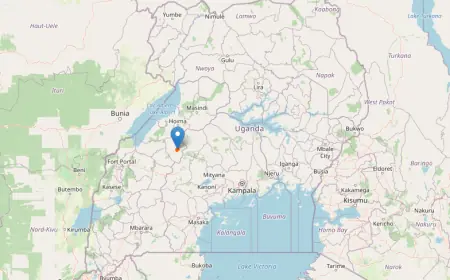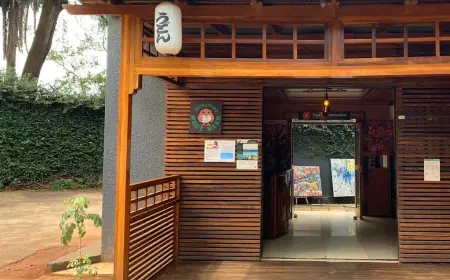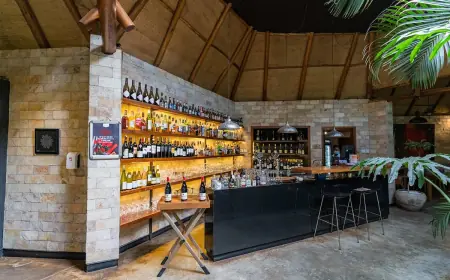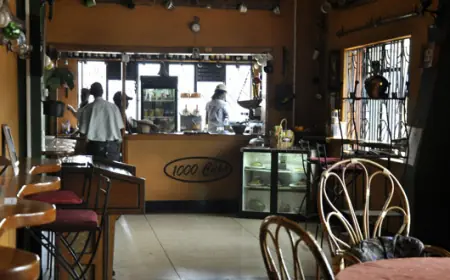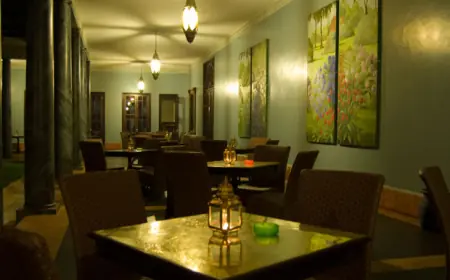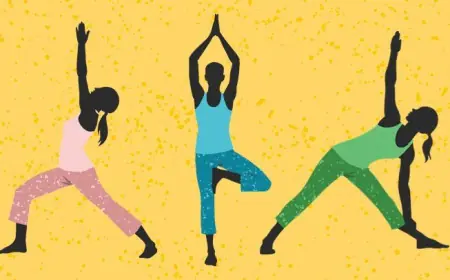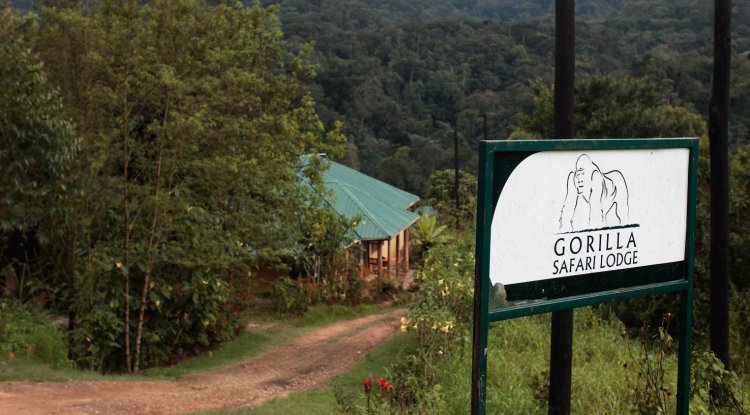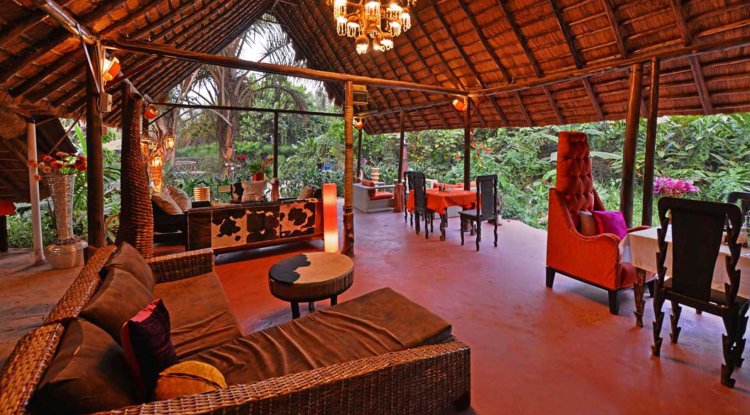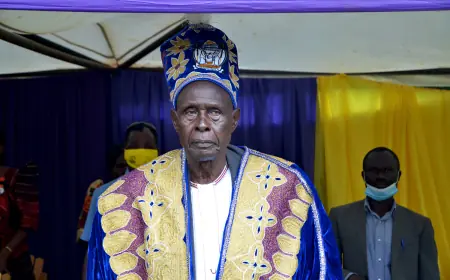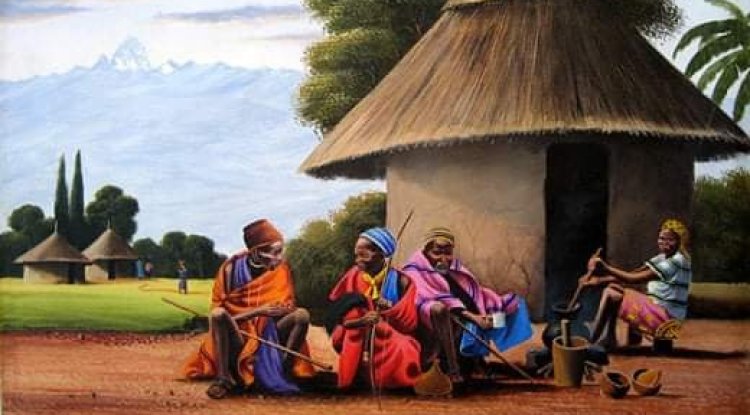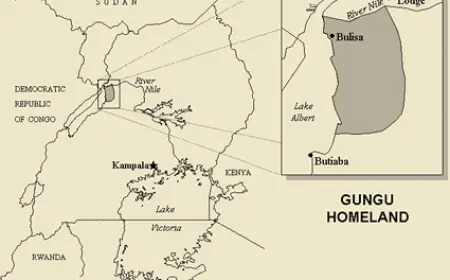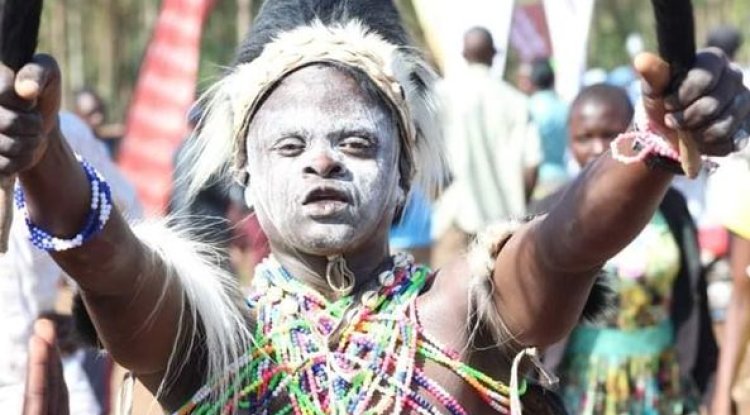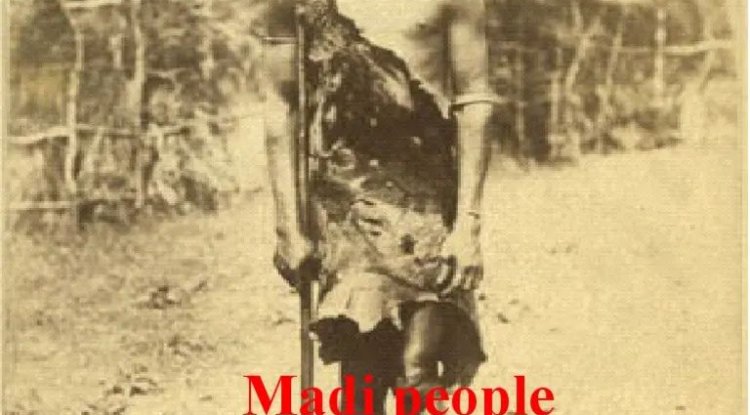The Bahehe: A Tribe with a Rich History and Culture
The Bahehe are a tribe in south-eastern Uganda, on Lake Victoria’s north-eastern shores, on Uganda’s border with Kenya.
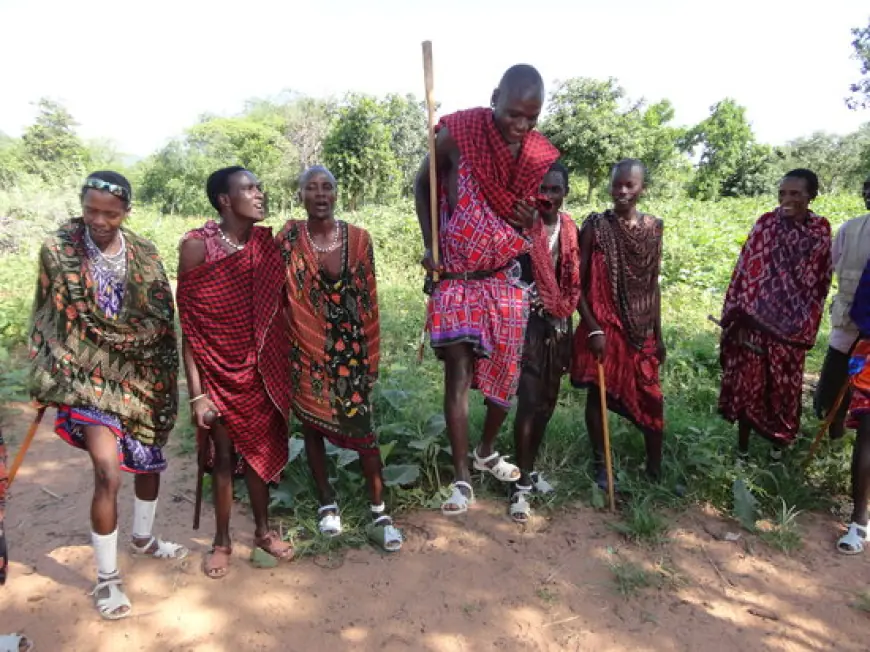
Imagine living in a region where you can enjoy the beauty of Lake Victoria, the largest lake in Africa, and the bustling activity of Busia, the busiest border post in East Africa. Imagine being part of a tribe that has a long and proud history of migration, integration, and resilience. Imagine being a Bahehe.
The Bahehe are a tribe in south-eastern Uganda, on Lake Victoria’s north-eastern shores, on Uganda’s border with Kenya. They belong to the Bantu ethnic group, which is the largest and most diverse in Africa. They originated from Tanzania, where they were part of the Hehe people who live in south-central Tanzania.
The Bahehe may have migrated to Uganda via the Lake Victoria - Lake connection in search of new lands and opportunities. When they reached Uganda, they got in contact with the Basamia people living on the north-eastern shores of Lake Victoria and integrated with them, eventually adopting the Basamia culture. The Basamia are also a Bantu tribe that trace their origins to the Luhya people of Kenya. The Basamia and the Bahehe share many cultural and linguistic similarities, such as their language, Lusamia, their clan system, their dances, and their staple food.
The Bahehe Today: Agriculture, Fishing, and Trade
The Bahehe are agricultural people but also do fishing. They farm millet, sorghum, cassava, beans, and other vegetables. Their staple foods are cassava, millet, and sorghum. Cassava is mixed with millet or sorghum to make Obusuma, a cassava-millet or cassava-sorghum bread. Obusuma is eaten with engeni (fish). This fish is obtained from Lake Victoria, which is rich in biodiversity and provides livelihoods for many people in the region. The Bahehe also rear cattle, goats, sheep, and chickens for meat, milk, and eggs.
The Bahehe are also involved in trade and commerce, as they live near the Busia Border Post, which is located on the border of Uganda and Kenya. The border post handles Uganda’s largest exports, worth UGX 798 billion (US$220 million) as of 2016/2017. The border post also facilitates the movement of people and goods between the two countries, as well as other neighboring countries such as Rwanda, Burundi, and South Sudan. The Bahehe benefit from the border post by engaging in cross-border trade, tourism, and transportation. They also interact with other tribes and cultures, such as the Bagisu, the Baganda, the Luo, the Kikuyu, and the Kalenjin.
The Bahehe Culture: Dress, Dance, and Music
The Bahehe dress code is traditionally animal skin called efungo. The efungo is worn by both men and women and is decorated with beads, shells, and cowries. The efungo is also used as a blanket, a mat, or a bag. The Bahehe also wear modern clothes, such as shirts, trousers, skirts, and dresses, depending on the occasion and preference. The Bahehe adorn themselves with various ornaments, such as necklaces, bracelets, earrings, and rings, made from metal, wood, bone, or plastic. The Bahehe also practice body modification, such as tattooing, piercing, and scarification, as a way of expressing their identity and beauty.
The Bahehe dances (same for Basamia and Bagwe) include: owaro, ekworo, eboodi, and esikudi. Owaro and esikudi are performed when people are happy, such as during weddings, festivals, or harvests. Owaro is a dance that involves jumping, clapping, and singing. Esikudi is a dance that involves shaking the hips, shoulders, and arms. Ekworo and eboodi are love dances performed by couples or potential partners. Ekworo is a dance that involves holding hands, moving in circles, and gazing into each other’s eyes. Eboodi is a dance that involves rubbing the chests, waists, and legs. The Bahehe dances are accompanied by music played by various instruments, such as drums, flutes, horns, rattles, and xylophones.
The Bahehe are a tribe with a rich history and culture that has adapted to changing times and circumstances. They are proud of their heritage but also open to new ideas and influences. They are a tribe that values hard work, cooperation, and harmony. They are the Bahehe.
What's Your Reaction?
 Like
1
Like
1
 Dislike
0
Dislike
0
 Love
3
Love
3
 Funny
0
Funny
0
 Angry
0
Angry
0
 Sad
0
Sad
0
 Wow
0
Wow
0
